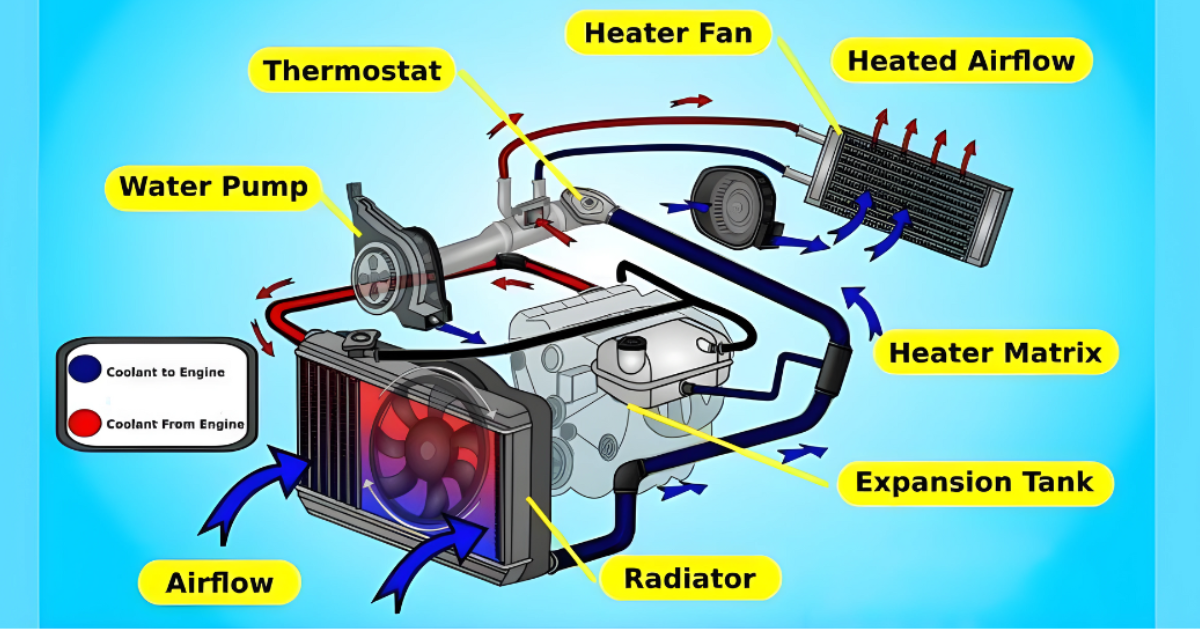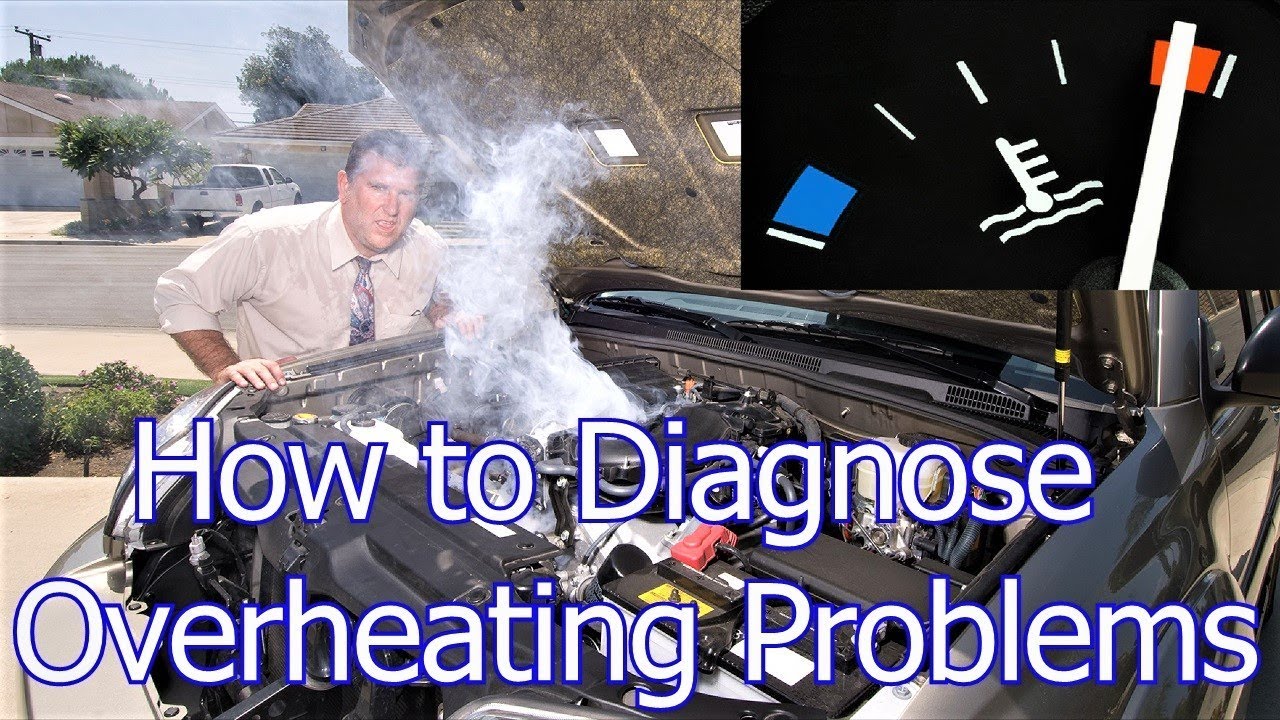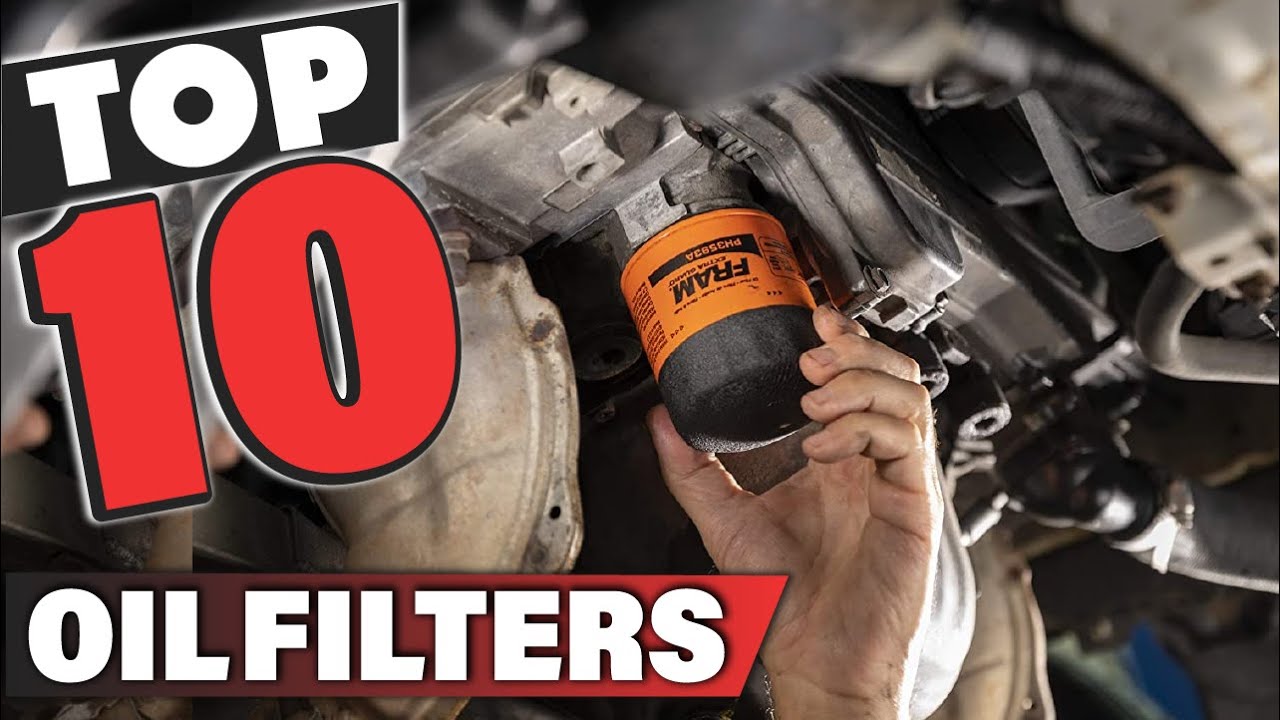Maintaining a healthy engine is essential for the longevity and efficiency of your vehicle. From understanding engine noise and carbon buildup to choosing the right engine oil, there are several key aspects to consider. In this article, we’ll explore these topics and provide valuable insights into engine maintenance.
Understanding Engine Noise and Carbon Buildup

Gasoline Direct Injection (GDI) engines, while efficient, can develop carbon buildup over time. This buildup can lead to increased engine noise and oil consumption.
Modern engines often use lower-tension piston rings to reduce friction, but this can also contribute to oil burning and carbon buildup. Regular maintenance, such as using engine oil cleaners, can help mitigate these issues.
Testing an Engine Oil Cleaner

One method to address carbon buildup is by using an engine oil cleaner. These cleaners are designed to break down and remove carbon deposits from the engine. When testing an oil cleaner, it’s important to run the engine with the cleaner to allow it to circulate and clean the internal components.
After treatment, observe changes in engine noise and exhaust fumes, as these can indicate the effectiveness of the cleaner.
Changing Engine Oil After Using a Cleaner

After using an oil cleaner, it’s important to change the engine oil. This helps remove any loosened carbon deposits and ensures that the engine is running on clean oil. Draining the old oil and replacing it with new oil is a straightforward process. After the oil change, reassess the engine noise and performance to gauge the effectiveness of the cleaning process.
Troubleshooting Decreased Gas Mileage

If you’re experiencing decreased gas mileage, it’s important to diagnose the issue promptly. Using diagnostic tools, analyze engine data to identify potential issues affecting fuel efficiency.
Factors such as air filters, fuel injectors, and mass airflow sensors can all impact gas mileage. Addressing these issues can help improve fuel efficiency and overall engine performance.
Understanding Modern Engine Oil Specifications (GF-6)
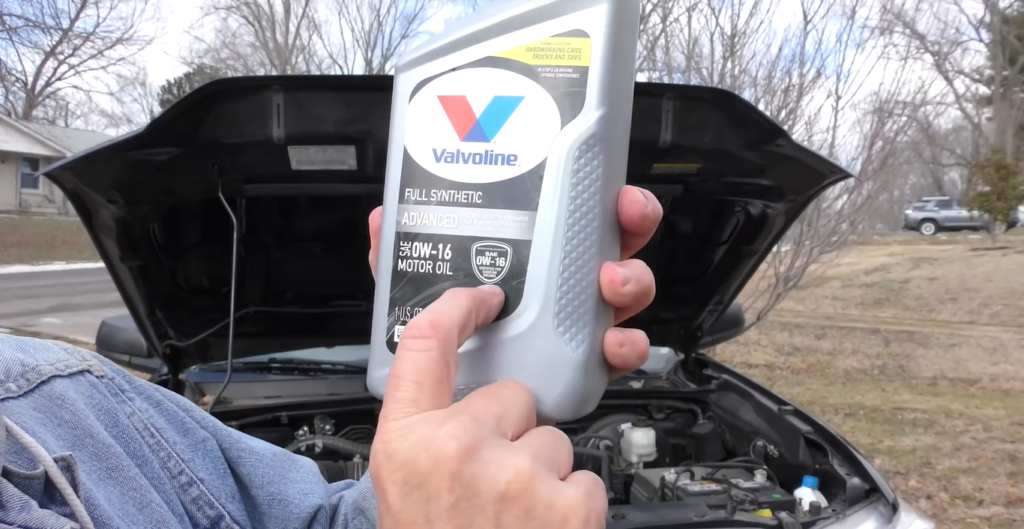
Modern engines require specific oils to ensure optimal performance and longevity. The GF-6 oil specification is designed for engines with variable valve timing, quad overhead cams, GDI, and turbochargers.
Understanding the differences between GF-6A and GF-6B oils is crucial, as each is formulated for different engine applications. Using the right oil can help prolong engine life and maintain performance.
Clarifying Oil Viscosity and Synthetic Oil Misconceptions
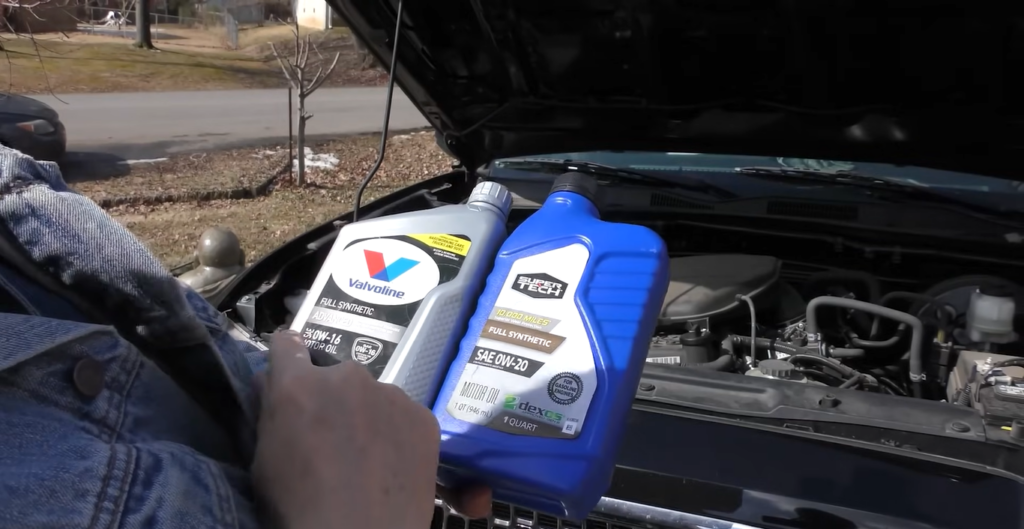
Oil viscosity ratings can be confusing, but it’s essential to understand their meaning. The “W” in viscosity ratings stands for “winter,” indicating how the oil performs in cold temperatures.
Additionally, distinguishing between synthetic oils and GF-6 oils is important, as they have different applications. Synthetic oils offer superior performance and protection, but they should be chosen based on the engine’s requirements.
Advising Against Engine Flushing with Detergent Oils
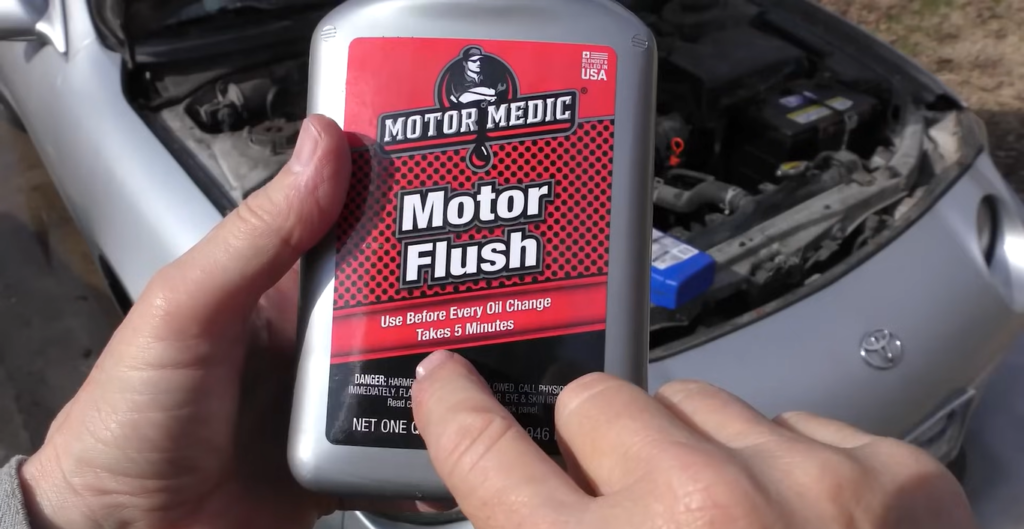
While it may be tempting to use engine flushes with detergent oils to clean the engine, it’s generally not recommended. Modern detergent oils are designed to keep the engine clean during normal operation. Instead of relying on engine flushing, it’s best to focus on regular oil changes to maintain engine health.
Conclusion
In conclusion, understanding engine maintenance essentials is crucial for keeping your engine running smoothly and efficiently. From addressing carbon buildup to choosing the right engine oil, these insights can help you maintain your vehicle’s engine for years to come.

